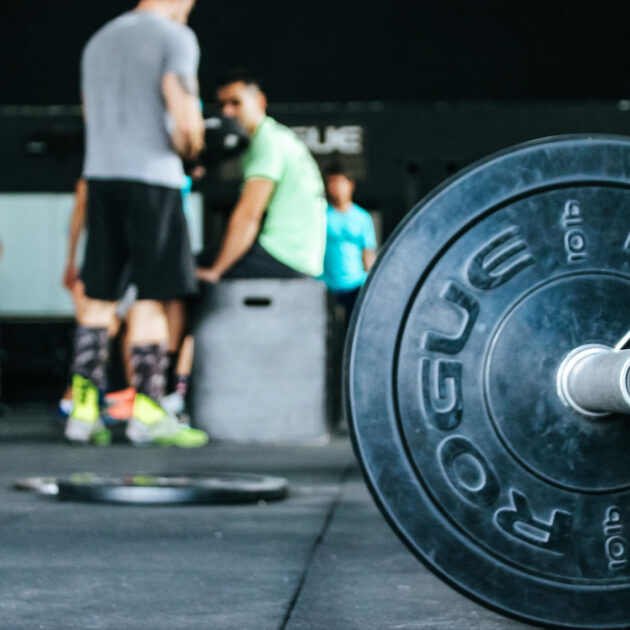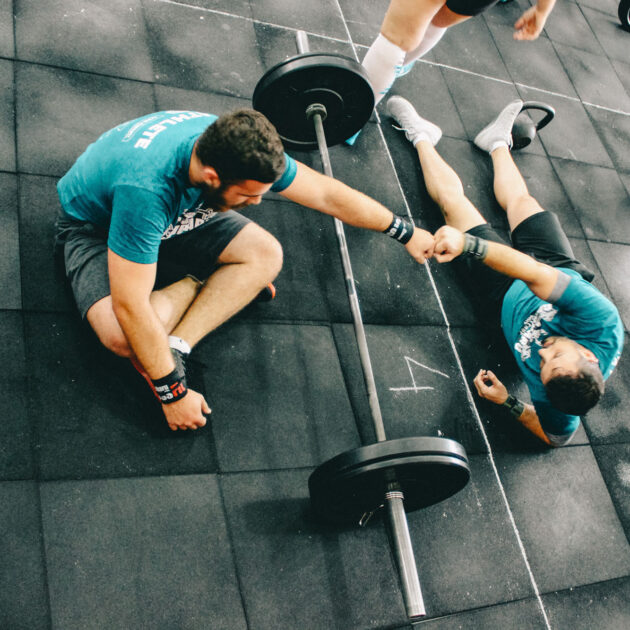Set Your Goals
Define clear objectives, track progress, and celebrate milestones for a well-rounded journey.
Good Nutrition
Fuel your body with balanced meals, stay hydrated, and optimize performance for lasting results.
Train Hard
Embrace challenging workouts, stay consistent, and push your limits to achieve remarkable growth.
Weightlifting has gained immense popularity over the years, with many individuals looking to reap the benefits of increased strength, muscle mass, and improved athletic performance. However, it’s crucial to prioritize overall health when embarking on a lifting journey. In this article, we will discuss the importance of lifting with health in mind and offer some tips for a balanced approach. Join us as we explore Bro-science and Real-science from both perspectives.
1. Health First-Lifting.
While pursuing strength gains and muscle growth is an essential aspect of weightlifting, it shouldn’t overshadow the importance of overall health. A balanced approach to lifting involves:
A. Proper form and technique: Prioritizing proper form and technique during every lift minimizes the risk of injury and ensures that you’re targeting the intended muscle groups effectively.
B. Adequate recovery: Giving your body ample time to recover between workouts is essential for muscle growth and overall well-being. Listen to your body and adjust your training frequency accordingly.
C. Balanced nutrition: Supporting your lifting goals with a well-rounded diet rich in whole foods, quality proteins, healthy fats, and complex carbohydrates ensures you’re fueling your body with the necessary nutrients for optimal health.
D. Flexibility and mobility: Incorporating regular stretching and mobility work into your routine can help prevent injuries, improve range of motion, and contribute to overall functional fitness.
2. Seeking Professional Guidance
It’s always a good idea to consult with a healthcare professional before starting a new weightlifting program, especially if you have any pre-existing medical conditions or concerns. A qualified physician or fitness professional can provide guidance tailored to your specific needs and help you develop a safe and effective training plan.





